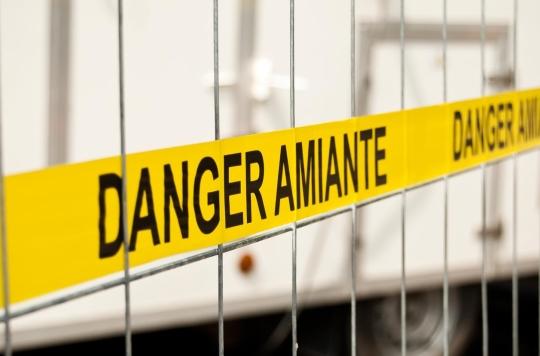SNCF employees are demanding compensation for the anxiety linked to the risk of developing cancer.
-1498056206.jpg)
The prejudice of anxiety was recognized by the Bordeaux Court of Appeal in 2010, and validated by the Court of Cassation for employees exposed to asbestos. They no longer need to provide a medical justification to obtain compensation.
Today, railway workers also want to assert their right to compensation. More than 150 of them, exposed to asbestos between 1970 and 2000 in their work as a driver, maintenance agent or electrician, have filed a request with the industrial tribunal for the recognition of this prejudice be granted to them.
List of companies
However, SNCF is not in fact one of the companies for which the anxiety loss has been granted. Decrees, published in 2015, list those that are concerned. These are only private companies, and the SNCF is therefore not included. It is a “breach of equality” for Me Xavier Robin, the plaintiff’s lawyer. A situation that the railway workers want to correct.
However, these employees of the historic French company were exposed to asbestos, in particular for the agents of the electrical services. In 2013, more than 7,500 active railway workers were under medical supervision for asbestos-related risks.
“I had the scanner a year ago, explains to theAFP Jean-Marie Mabille, a former employee of the Rouen technical center, now retired. We go there by saying to ourselves: “As long as we have nothing” … We have had at least three deaths and around twenty colleagues who retired earlier because they had pleural plaques “, symptoms linked to the asbestos exposure.
A previous
It is for this fear of illness that the railway workers wish to be compensated. State workers from the Directorate of Naval Construction (DCN, now DCNS), in a similar action, had won their case. One of the workers, who had worked on the shipyards between 1979 and 2011, then requested 30,000 euros for the damage suffered.
After several contradictory decisions, the case was brought up to the Council of State. He then considered “that the decision to recognize the right to this allowance constitutes recognition for the person concerned of a link established between his exposure to asbestos dust and the drop in his life expectancy, and that this circumstance, which is sufficient by itself to awaken in its beneficiary the awareness of the risk of falling ill, is the source of damage compensable for moral damage ”. The State, in this case, had been ordered to pay 1,800 euros to the complainant.
.














